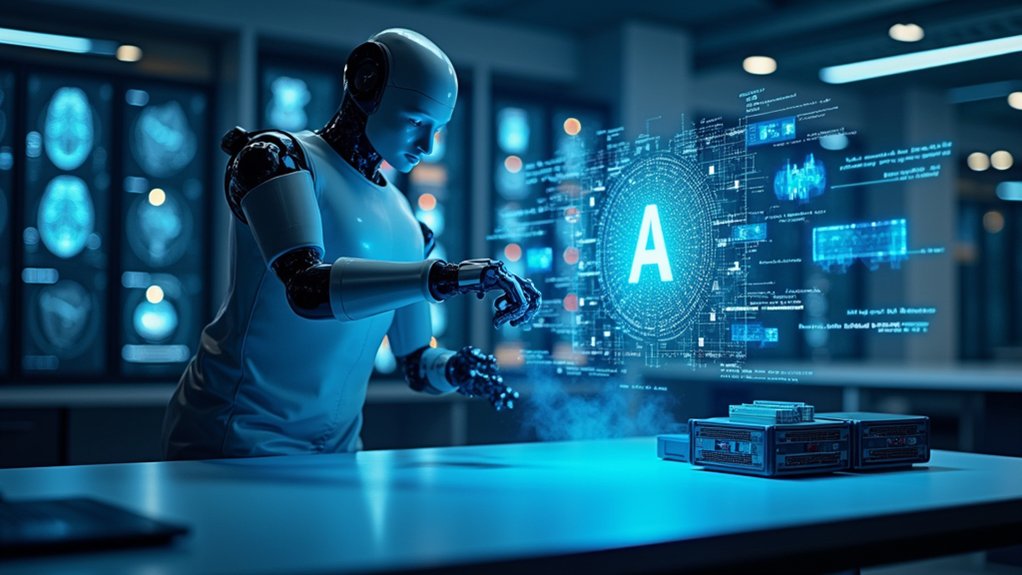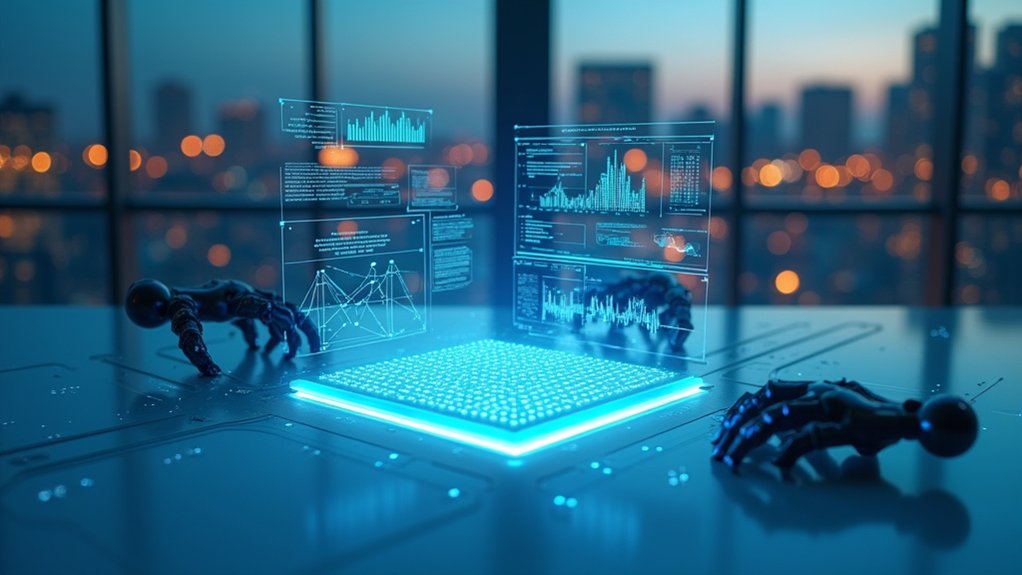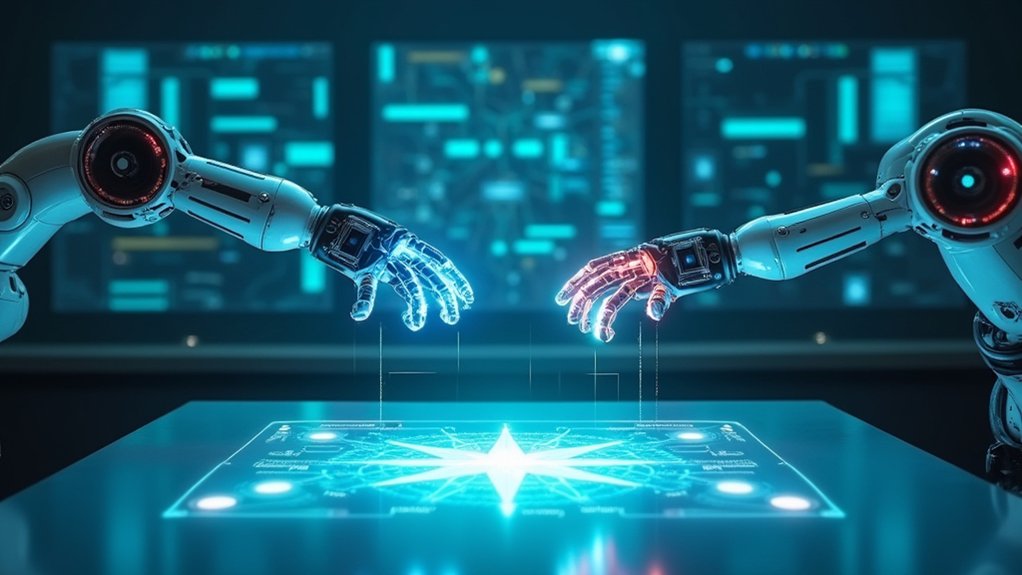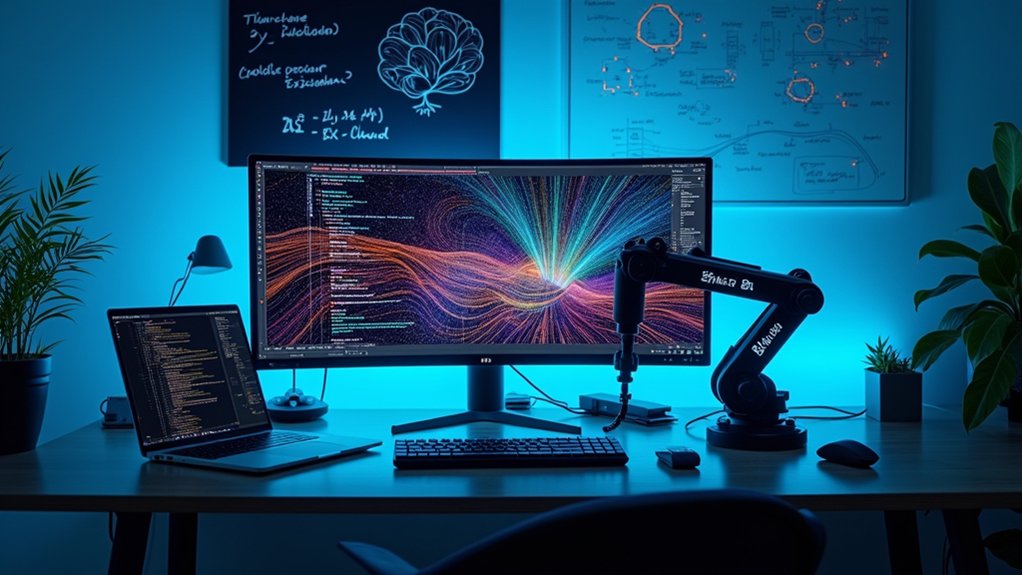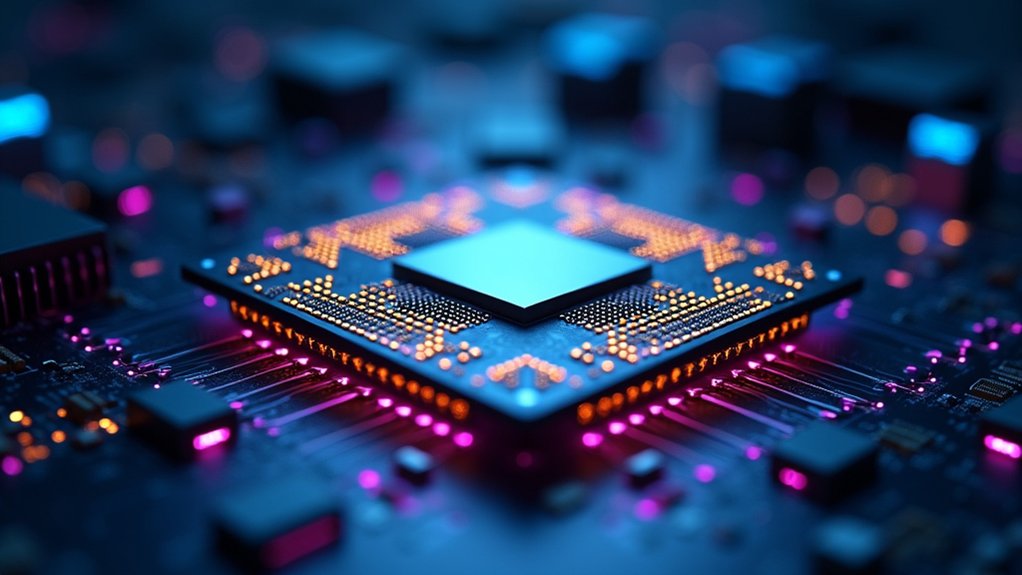Artificial intelligence is expanding rapidly across industries. The global AI market, valued at $391 billion in 2025, is expected to reach $1.81 trillion by 2030. Recent trends include multimodal AI combining text, images, and audio; AI agents that can reason and plan; and significant growth in healthcare applications. Up to 30% of jobs may be automated by 2030. The workforce landscape continues to transform as companies prioritize AI adoption and development.

As the world becomes increasingly digital, artificial intelligence (AI) continues to transform industries at an unprecedented pace. The global AI market, valued at $391 billion in 2025, is projected to reach $1.81 trillion by 2030. This rapid growth reflects how businesses are embracing AI technology, with 83% of companies claiming AI is a top priority in their business plans.
AI agents and automation are gaining significant traction among executives, with 92% of companies expecting to increase AI spending in the next three years. These agents can handle complex tasks, reason, plan, and learn. By 2030, up to 30% of jobs may be automated through AI. Companies like Salesforce are developing platforms that enable building autonomous AI agents. Generative AI specifically holds a long-term productivity potential of $4.4 trillion across various sectors.
AI adoption is accelerating across industries, with automation poised to reshape nearly a third of the workforce by 2030.
Multimodal AI models are combining text, audio, image, and video processing capabilities. Google's Gemini and OpenAI's GPT-4V lead this field, enabling more intuitive AI interactions across industries like finance, manufacturing, and healthcare. The market for these versatile models is expected to grow substantially by 2030.
Healthcare has become a major AI application area. The AI healthcare market was estimated at $6.6 billion in 2021, with over 650 AI-enabled medical devices approved by the FDA. AI tools assist in radiology, pathology, and patient monitoring, with potential for $360 billion in annual cost savings by 2030. Advanced imaging analysis powered by AI is detecting diseases earlier than traditional diagnostic methods, significantly improving patient outcomes.
Companies are using AI to enhance decision-making, with 48% leveraging it to effectively utilize big data. Netflix reportedly generates $1 billion annually from AI-powered recommendations. The global AI market is expected to contribute over $15.7 trillion to the world economy by 2030, highlighting its massive economic impact. Meanwhile, AI security and ethics remain important concerns, with increasing focus on combating threats like deepfakes and developing governance frameworks.
The education sector is also experiencing AI growth, with the global AI in education market expected to reach $3.68 billion by 2023. As demand for AI skills rises, universities are expanding their AI programs to meet workforce needs. By 2025, an estimated 97 million people will work in the AI space as companies invest in training and upskilling employees.
Frequently Asked Questions
How Will AI Impact Job Security in Traditional Industries?
AI will considerably reshape traditional industries by 2030.
Manufacturing could see 40% of tasks automated, putting 20 million jobs at risk globally.
In banking, 30% of positions are vulnerable to displacement.
Retail expects 80% of customer interactions to be AI-handled by 2025.
Transportation faces challenges with 3.8 million truck driving jobs threatened by autonomous vehicles.
Companies are increasingly investing in AI while creating new roles in maintenance and oversight.
Can AI Algorithms Truly Mimic Human Creative Thinking?
AI algorithms can generate creative-looking work but can't truly mimic human creativity. They lack emotional experiences that drive human innovation.
While AI can combine existing ideas in clever ways, it doesn't understand the meaning behind its creations. AI operates on patterns from training data, while humans create from lived experiences, emotions, and intuition.
The gap between AI simulation and genuine human creativity remains significant.
What Ethical Frameworks Govern AI Development Across Different Countries?
AI ethics frameworks vary worldwide but share common principles.
The OECD AI Principles guide 42 countries, while UNESCO's recommendations cover 193 nations.
The EU's AI Act proposes strict regulations, while China, the US, UK, and Canada have developed their own guidelines.
These frameworks typically emphasize transparency, fairness, accountability, privacy, and human oversight of AI systems as core ethical requirements.
How Accessible Is Advanced AI Technology to Small Businesses?
Advanced AI is becoming more accessible to small businesses. Cloud providers like AWS and Microsoft offer affordable solutions tailored for smaller companies.
Over 77% of small businesses now use some form of AI technology. While costs remain a concern—most spend over $10,000 annually—many report productivity increases up to 40%.
Challenges include limited technical expertise, data security concerns, and integration difficulties with existing systems.
What Safeguards Prevent AI Systems From Making Catastrophic Decisions?
Multiple safeguards prevent AI systems from making catastrophic decisions.
These include built-in technical controls like redundancy systems and anomaly detection, mandatory human oversight for critical decisions, and robust testing in sandbox environments.
Regular stress testing helps identify weaknesses before deployment.
Internationally, governments are developing regulations requiring ethics committees and compliance programs for high-risk AI applications.
Many systems also have emergency shutdown protocols that can't be overridden.
